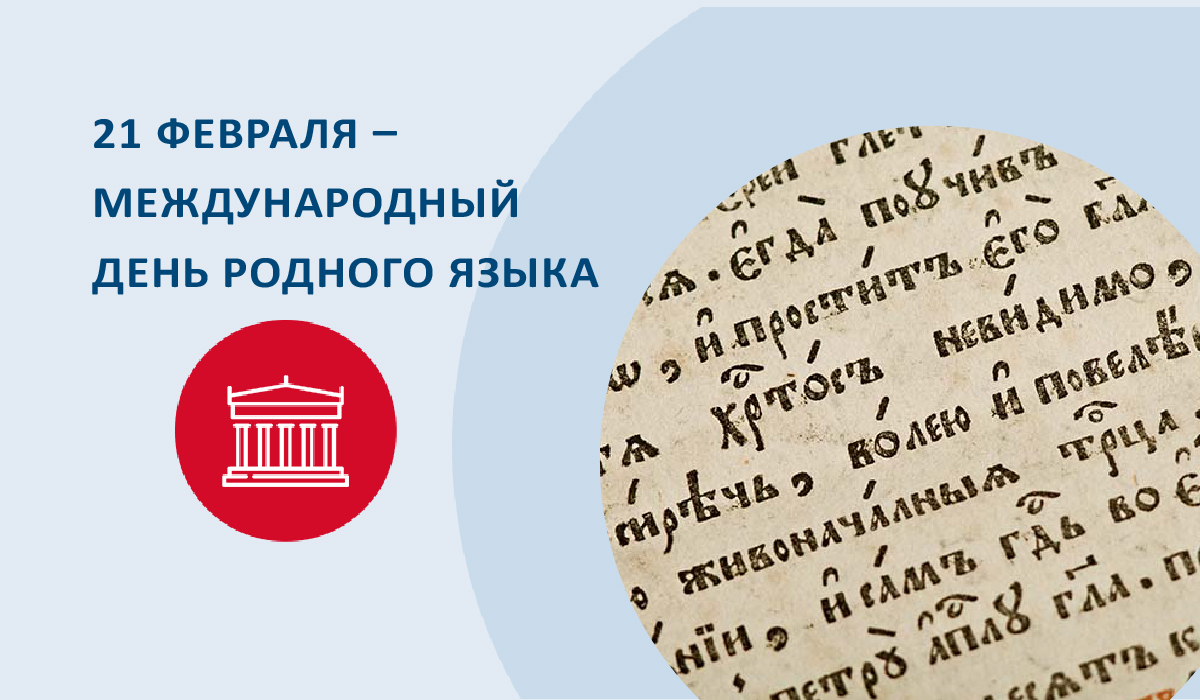
February 21 is the International Mother Language Day
21 February 2024
Every year on February 21, the world celebrates International Mother Language Day. It was proclaimed at the UNESCO General Conference in November 1999 and has been celebrated worldwide since 2000 to promote linguistic and cultural diversity and multilingualism.
“The immortality of a people is in its language,” said writer Chingiz Aitmatov. The language of an ethnic group helps to preserve its history and culture, traditions and way of life. Today scientists, teachers and international public organizations set out to preserve the linguistic wealth of the world.
Native language is an expression of self–awareness and the connection of generations. It is closely connected with the history of an ethnos, ensures its unity and becomes the guarantee of its originality: it forms an unbreakable bond between its speakers and serves as the basis for the nation. Languages contain a set of acquired knowledge.
Languages are essential for the identity of individuals and groups and their peaceful coexistence. They serve as one of the strategic factors of progress in achieving sustainable development and harmonious relationships between global and local conditions.
Russia is home to 193 peoples, most of which are small in number and live in a limited area. In the Russian Federation, education is conducted in 24 languages, and 81 languages are studied as school subjects. Among indigenous peoples, the situation is complicated by the lack of the system of writing in some of them, and the shortage of teachers who speak this language. Many languages have only a few native speakers. More than 60 languages are included in the Red Book of Languages of the Peoples of Russia.
https://www.calend.ru/holidays/0/0/1860/1/?ysclid=lsu8m66z7g684386207